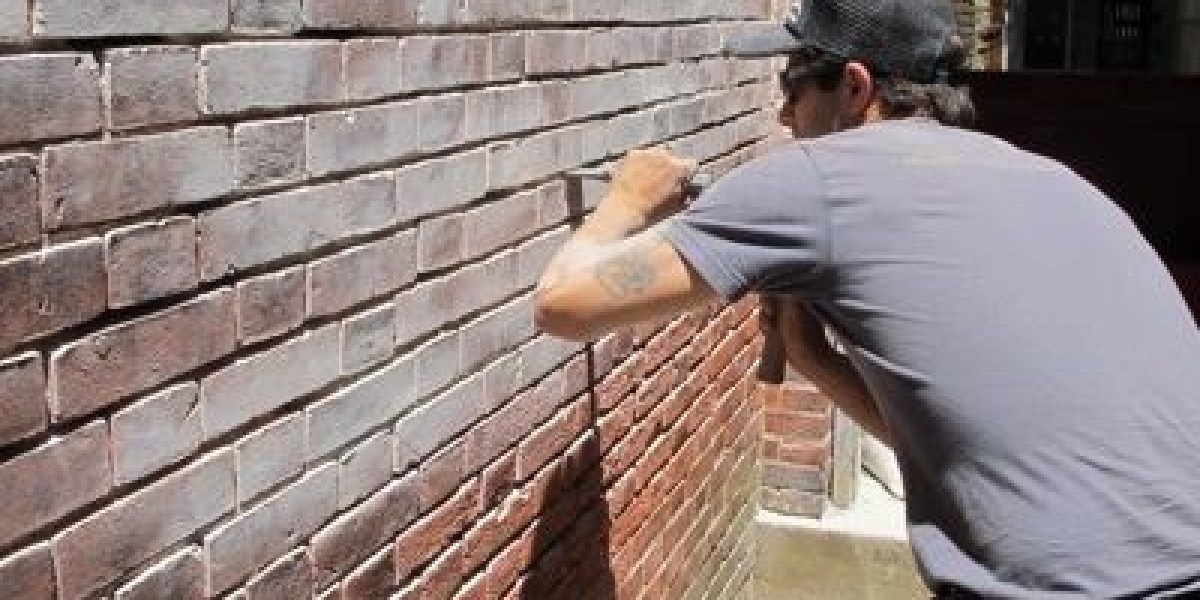A dull, unsuitable bit can turn a simple task into a frustrating struggle. Here at Masonry New York, we understand the importance of conquering concrete projects with confidence. That's why we've created this comprehensive guide to concrete drill bits for the US DIY enthusiast.
Why Concrete Drill Bits are Different
Let's face it, your standard wood drill bit won't stand a chance against concrete. This unforgiving material requires a specially designed tool for clean, efficient drilling. Concrete drill bit, also known as masonry drill bits, are engineered to tackle the unique challenges of this material:
- Hardness: Concrete is a composite of cement, sand, gravel, and water. The aggregate (sand and gravel) can be incredibly hard, demanding a highly wear-resistant bit.
- Brittleness: Unlike wood or metal, concrete can crack or shatter if drilled improperly. Concrete drill bits are designed to break apart the material efficiently without causing excessive damage.
- Dust: Drilling concrete generates a significant amount of dust. Concrete drill bits often feature special flutes (grooves) that help clear dust and debris from the hole, preventing overheating and binding of the bit.
Types of Concrete Drill Bits: Understanding Your Options
Choosing the right concrete drill bit depends on your specific project and the type of drill you have. Here's a breakdown of the most common varieties available in the US:
1. Hammer Drill Bits (SDS Plus and SDS Max):
These are the workhorses of concrete drilling. They are designed specifically for use with hammer drills, which combine a rotating motion with a hammering action for effective concrete penetration.
- SDS Plus: Ideal for smaller holes (typically up to ½ inch) in concrete, brick, and masonry.
- SDS Max: Used for heavier-duty applications and larger holes (up to 1 inch or more).
These bits have a distinctive shank design that locks securely into the hammer drill's chuck, ensuring optimal power transfer and preventing slipping.
2. Rotary Drill Bits:
If you don't have a hammer drill, fear not! Some concrete drill bits are designed for use with standard rotary drills. These bits rely solely on rotation to drill, and are therefore best suited for softer materials like concrete block or lightweight concrete.
- Fluted Masonry Drill Bits: Look for bits with wide, deep flutes for efficient dust removal. These often have a carbide tip for added durability.
- Masonry Speed Bits: These bits are designed for faster drilling in softer concrete materials. However, they may not be as durable as standard masonry bits.
3. Specialty Concrete Drill Bits:
For specific tasks, there are specialty concrete drill bits available:
- Core Bits: Used for creating large-diameter holes (over 1 inch) for pipes, conduit, or electrical boxes. These require a special drill motor and come in various sizes.
- Flat Bits: For creating shallow channels or grooves in concrete surfaces.
- Teardrop Bits: Designed for drilling into angled surfaces where a standard bit wouldn't work.
4. Material of the Bit:
The tip of a concrete drill bit is the crucial element that tackles the tough work. Here are the two main options:
- Carbide-Tipped: This is the most common and versatile option. Carbide is an extremely hard material that can efficiently drill through concrete, brick, and other masonry materials.
- High-Speed Steel (HSS): These bits are less expensive than carbide-tipped options but wear down faster in concrete. They might be suitable for occasional use in softer concrete materials.
Choosing the Right Concrete Drill Bit for Your Project
Now that you understand the different types of concrete drill bits, here's how to select the perfect one for your DIY project:
- Project Requirements: Consider the diameter and depth of the hole you need to drill.
- Drill Type: Determine whether you have a hammer drill or a standard rotary drill.
- Material: Choose the appropriate bit for the type of concrete (regular, lightweight, or reinforced).
- Durability: Consider the frequency and intensity of drilling you plan to do. If you're a frequent DIYer, a carbide-tipped bit will offer better long-term value.
Pro Tip: It's always a good idea to have a variety of concrete drill bit sizes on hand, so you're ready for any drilling project that pops up!







